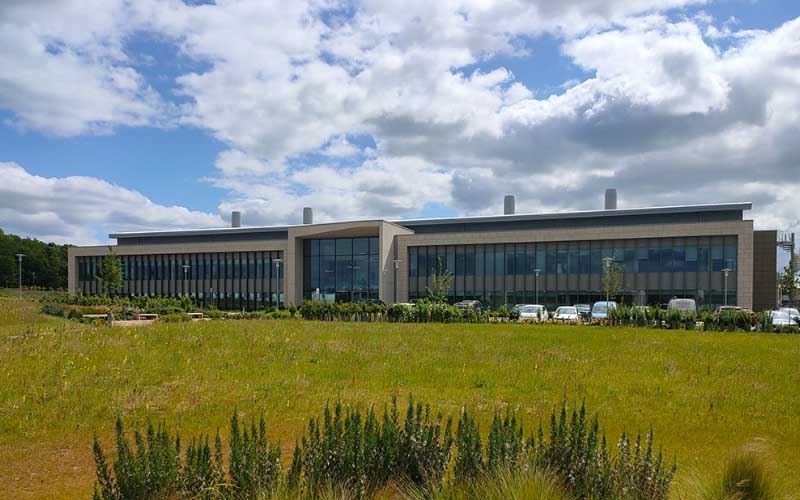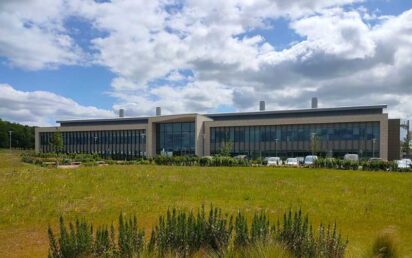Cambridge-based cancer diagnostics tech firm Inivata has announced the formation of a strategic collaboration with US-based NeoGenomics for the commercialisation of its lung liquid biopsy test in the United States.
Inivata’s liquid biopsy test has already received reimbursement for American Medicare patients with advanced non-small cell lung cancer (NSCLC), and has established an office in North Carolina.
As part of the collaboration, NeoGenomics will make a £20.4m ($25m) equity investment in Inivata to take a minority shareholding with an option to buy the company outright.
It will also take a seat on the Inivata Board of Directors. The new funding received by Inivata will be used to enable the acceleration of the company’s liquid biopsy products.
Inivata and NeoGenomics will also seek opportunities for collaboration with biopharmaceutical companies around Inivata’s liquid biopsy platform, drawing on both companies’ technology and expertise.
Inviata said collaborations could further accelerate the roll-out across Inivata’s range of liquid biopsy products including RaDaR, the newly launched test for the detection of residual disease and recurrence.
Clive Morris, CEO of Inivata, said: “This strategic collaboration and equity investment provides the platform to significantly accelerate the commercialisation of InVisionFirst-Lung in the US, and bring its benefits more rapidly to patients and clinicians.”
Douglas M. VanOort, Chairman and CEO of NeoGenomics, added: “We are pleased to announce this exciting collaboration with Inivata and to offer our clients a high-quality liquid biopsy alternative for non-small cell lung cancer patients.
“We expect this test to be an attractive option for clients pursuing liquid biopsy testing, given a highly competitive turn-around time and Medicare coverage.
“As a leading provider of tissue-based lung cancer testing in the United States, NeoGenomics is well-positioned to commercialise this liquid biopsy test as part of our comprehensive suite of testing solutions for non-small cell lung cancer.”


